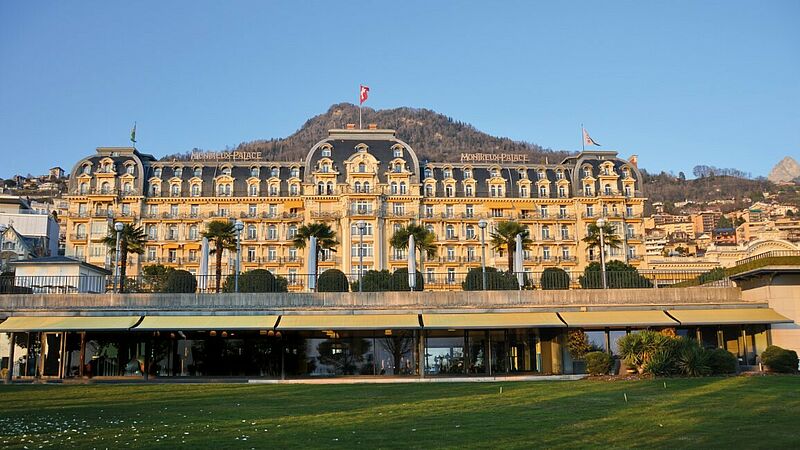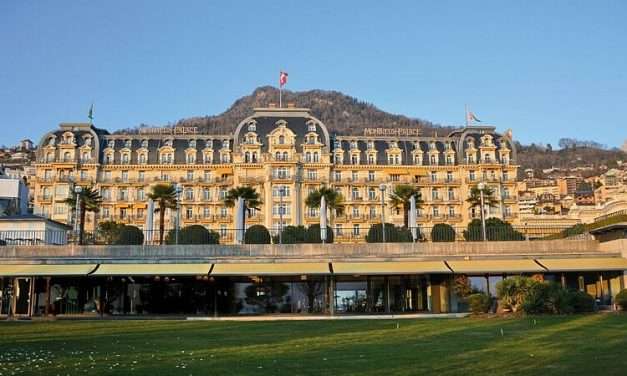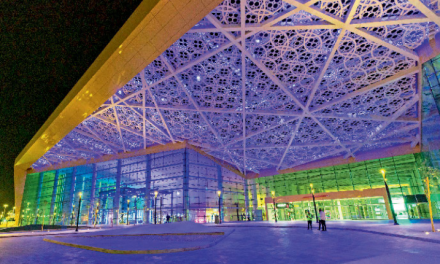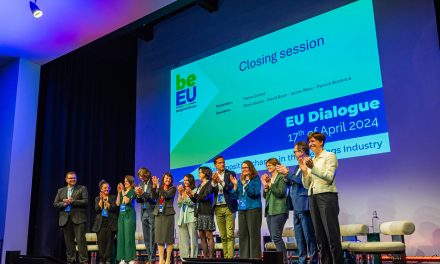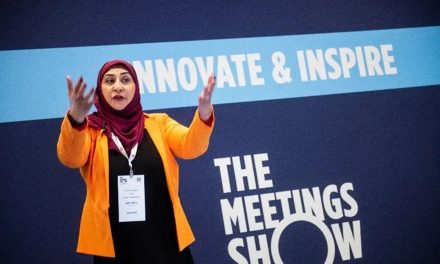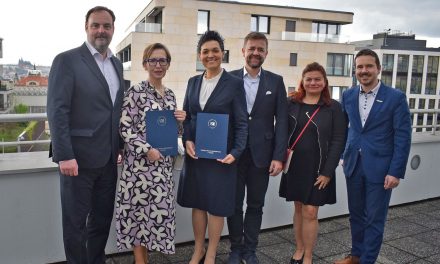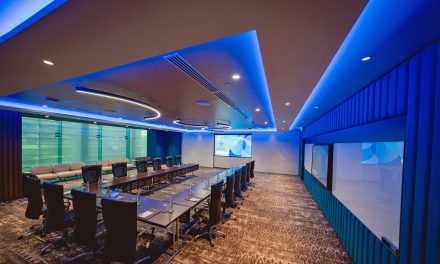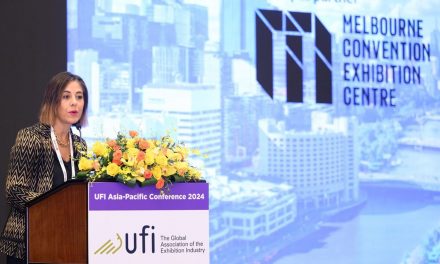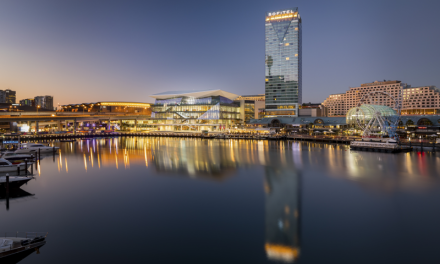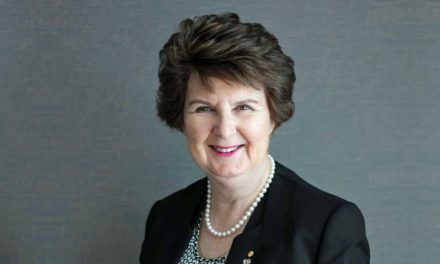Multicoloured. “A strong portfolio for global growth with a focus on luxury, lifestyle and North America,” said Chris Cahill. The chairman and deputy CEO of Accor Hotels was speaking at the 2019 Global Meeting Exchange (more on cimunity.com) at the Fairmont Le Montreux Palace. Because hotels are Accor’s core business, property ownership is increasingly shifting to joint ventures and the management share will rise from 43 to over 50 per cent.
Cahill describes the MICE business as “extremely important for Fairmont and Pullman, but increasingly also for Novotel.” His news for planners: “We have a lot more properties and options, so we are expecting a higher MICE-share. We can deliver anything – for those who want exactly the same meeting as well as for those who expect totally different events.” Accor offers CSR activities, such as the Savoy staff’s environmental clean-up, for corporate events with a difference. The hotel group still “has its eyes open for new partnerships,” said Cahill, adding brand info: Raffles is “very Asian” and serves a niche market. Fairmont is much bigger, but “not too big” and Orient Express “a brand almost like Nike”. With Mövenpick and Swissôtel, Accor owns two Swiss brands, serve “different markets”. Rick Harvey Lam, Accor’s SVP Global Brand Marketing for luxury brands, outlines: “We want to keep brands, that we acquire and develop. The main thing is that a brand stands for something.”
He explains that Sofitel is “very French” – from the design, to the uniforms, to the food. Because the Accor brands “have their regions”, such as Fairmont North America and Raffles Asia, there is “hardly any overlap”. Lam has high hopes for the loyalty programme for all Accor brands, which will focus on “fewer but valuable benefits” such as early check-in and late check-out.
“Meetings are a priority for us,” underlined Agathe Fabron, Accor’s VP Business Travel, Meetings, Events: “We are making great progress in the transition from product to customer mentality. Personalisation is everything, Accor offers flexibility worldwide.” Fabron reported a good development of the “valuable MICE business”. Instead of being managed centrally from the Paris HQ, it is steered locally from 47 offices.
Controversially was discussed, whether tenders should be paid for. Jurrian Sleijster, MCI Switzerland, rejected this, pointing out sufficient staff to handle many tenders in January. Cisco’s senior meetings and technology manager Caroline Pund countered: “We have little time and short deadlines, so we pay.” Chris Parnham, Absolute Corporate Events, UK, agrees: “We have to invent event solutions. That is like paying an architect.” Damion Breust, Directions CIM, Australia, warned: “Incentive groups don‘t stay in hotels, so they have to make stronger efforts to sell all that goes with it.” Accommodation providers should be more “authentic and ethical”. Sleijster stressed how quickly hotels are being selected helped by technology: “We now talk about the way after tomorrow, big data and the Industrial Revolution number 4.” Cvent founder Bharet Malhotra criticised “clients who don’t embrace technology, like they need to.”
- Cliff Cahill, Chairman and deputy CEO of Accor Hotels. Photo: CIM/C.Boergen

